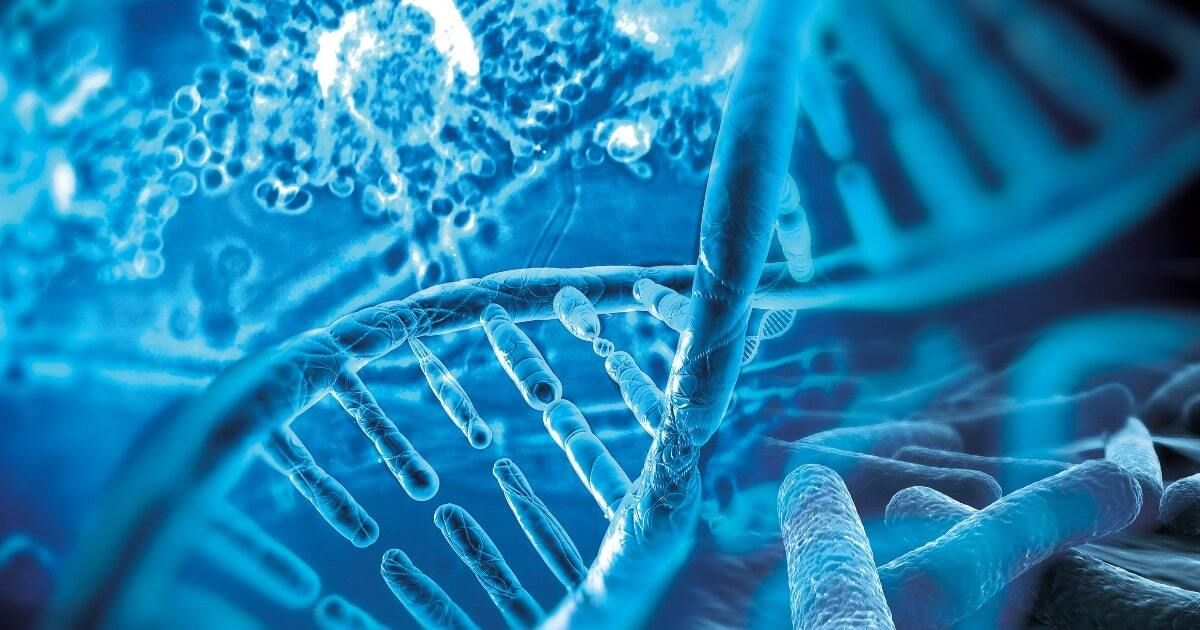Oromandibular-Limb Hypogenesis Spectrum: Unraveling the Genetic Threads of a Rare Disorder

Expert Reviewed By: Dr. Brandon Colby MD
Oromandibular-limb hypogenesis spectrum (OLHS) is a rare congenital disorder characterized by the underdevelopment of the jaw and limbs. This condition presents significant challenges in various aspects of life, including airway management, nutrition, and rehabilitation. As medical science advances, genetic testing emerges as a powerful tool in understanding and managing OLHS. This article delves into how genetic testing can aid in diagnosing, managing, and potentially treating this complex disorder.
Understanding Oromandibular-Limb Hypogenesis Spectrum
OLHS is a spectrum disorder, meaning that its manifestations can vary widely among individuals. Typically, it involves anomalies in the development of the jaw (oromandibular) and limbs, which may range from mild to severe. These anomalies can lead to complications such as difficulty in breathing, feeding challenges, and mobility issues. The rarity of OLHS often makes diagnosis and management challenging, necessitating a multidisciplinary approach for comprehensive care.
The Role of Genetic Testing in OLHS
Genetic testing has revolutionized the field of rare diseases, providing insights that were previously unattainable. In the context of OLHS, genetic testing offers several potential benefits that can significantly impact patient care and outcomes.
1. Diagnostic Clarity
For many families, the journey to an OLHS diagnosis can be long and fraught with uncertainty. Genetic testing can provide a definitive diagnosis by identifying specific genetic mutations associated with the disorder. This clarity not only helps in understanding the condition better but also aids in differentiating OLHS from other disorders with similar presentations.
2. Personalized Management Plans
Once a genetic mutation is identified, healthcare providers can tailor management plans to the specific needs of the patient. This personalized approach is crucial in OLHS, where the spectrum of symptoms can vary widely. Genetic information can guide decisions regarding surgical interventions, therapy options, and other treatments, ensuring that each patient receives the most appropriate care.
3. Family Planning and Genetic Counseling
For families affected by OLHS, understanding the genetic basis of the disorder can be invaluable for family planning. Genetic counseling can provide information on the likelihood of recurrence in future pregnancies, helping families make informed decisions. Additionally, it can offer emotional support and resources to navigate the complexities of living with a rare genetic disorder.
4. Advancements in Research and Therapy Development
Genetic testing not only benefits individual patients but also contributes to broader research efforts. By identifying the genetic underpinnings of OLHS, researchers can explore potential therapeutic targets and develop novel treatments. This research is essential for advancing our understanding of the disorder and improving outcomes for future generations.
Challenges and Considerations in Genetic Testing for OLHS
While genetic testing offers numerous benefits, it is not without challenges. The rarity of OLHS means that there may be limited data on specific genetic mutations, complicating interpretation. Additionally, ethical considerations, such as privacy and the psychological impact of genetic information, must be carefully managed. Collaboration among geneticists, clinicians, and bioethicists is crucial to navigate these challenges effectively.
The Future of Genetic Testing in OLHS
As technology advances, the potential of genetic testing in OLHS continues to grow. Emerging techniques, such as whole-exome sequencing and CRISPR gene editing, hold promise for more precise diagnostics and innovative therapies. These advancements could pave the way for a future where OLHS is not only better understood but also more effectively managed and treated.
In conclusion, genetic testing represents a beacon of hope for individuals and families affected by oromandibular-limb hypogenesis spectrum. By unlocking the genetic mysteries of this rare disorder, we can move closer to a world where OLHS is no longer a source of fear and uncertainty, but a condition that can be managed with confidence and care.
About The Expert Reviewer
Dr. Brandon Colby MD is a US physician specializing in the personalized prevention of disease through the use of genomic technologies. He’s an expert in genetic testing, genetic analysis, and precision medicine. Dr. Colby is also the Founder of and the author of Outsmart Your Genes.
Dr. Colby holds an MD from the Mount Sinai School of Medicine, an MBA from Stanford University’s Graduate School of Business, and a degree in Genetics with Honors from the University of Michigan. He is an Affiliate Specialist of the American College of Medical Genetics and Genomics (ACMG), an Associate of the American College of Preventive Medicine (ACPM), and a member of the National Society of Genetic Counselors (NSGC)